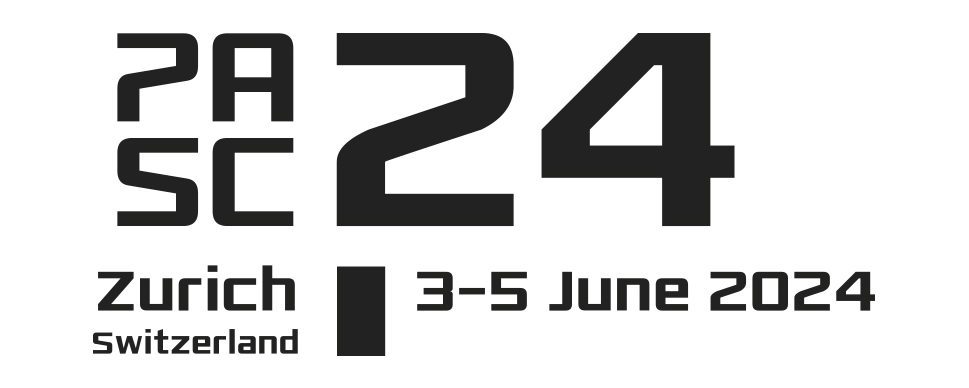Presentation
Scientific Machine Learning to Optimize Plasma Turbulence Simulations
Presenter
DescriptionControlled fusion offers the promise of sustainable and safe energy production on Earth. In magnetic fusion devices, the power gain increases nonlinearly with the energy confinement time. The quality of the plasma energy confinement thus largely determines the size and therefore the cost of a fusion reactor. Unfortunately, small-scale turbulence limits the quality of confinement in most fusion devices. Hence modelling of turbulent transport is mandatory to find routes towards improved confinement regimes.
Numerical simulations are based on a kinetic description of the plasma that can only be performed on most powerful supercomputers. The gyrokinetic GYSELA code runs efficiently on several hundred thousand CPU cores. With a consumption of 150 million CPU hours per year, the code makes massive use of petascale computing capacities and manipulates Petabytes of data. However, there are still many challenges to overcome in order to achieve a full description of electron dynamics that will require exascale simulations.
In this context, scientific machine learning could play an important role to optimize the storage and the number of CPU hours consumed. We will present here our on-going work on integrating in-situ diagnostics using Artificial Intelligence techniques for data compression and automatic detection of anomalies or rare events.
Numerical simulations are based on a kinetic description of the plasma that can only be performed on most powerful supercomputers. The gyrokinetic GYSELA code runs efficiently on several hundred thousand CPU cores. With a consumption of 150 million CPU hours per year, the code makes massive use of petascale computing capacities and manipulates Petabytes of data. However, there are still many challenges to overcome in order to achieve a full description of electron dynamics that will require exascale simulations.
In this context, scientific machine learning could play an important role to optimize the storage and the number of CPU hours consumed. We will present here our on-going work on integrating in-situ diagnostics using Artificial Intelligence techniques for data compression and automatic detection of anomalies or rare events.
TimeTuesday, June 412:30 - 13:00 CEST
LocationHG F 26.3
Session Chairs
Event Type
Minisymposium
Physics
Computational Methods and Applied Mathematics



